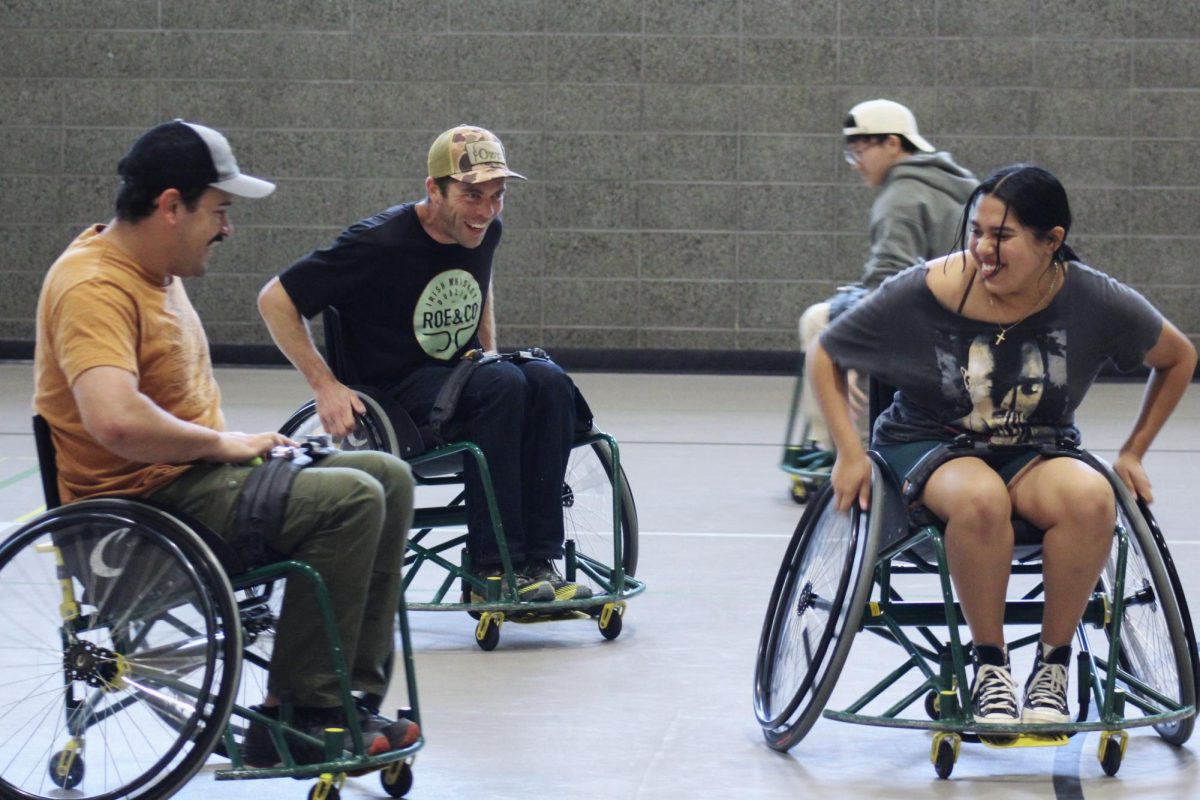Be Smart with Body Art campaign comes to campus
November 9, 2009
Needles and ink pots were topics of discussion in the Library Quad Thursday afternoon to alert students about the danger of getting Hepatitis C from tattoo and piercing equipment.
Sacramento State and UC Davis Cancer Center created a partnership and campaign called “Be Smart with Body Art.”
A videographer was stationed at the event to interview students about their experiences getting tattoos or piercings.
Freshman psychology major Austin Daley said the threat of infection and disease never occurred to him when he got his tattoo in September.
“I don’t really know anything about Hepatitis C,” Daley said. “Just that it is bad news.”
Hepatitis C is a blood-born disease that can be spread by needles, including those used for tattoos, piercings and acupuncture. In order to prevent contraction of the disease, students from the Public Health Club recommend asking five important questions before getting a tattoo or piercing:
1. Are only new needles used?2. Are only new ink pots used?3. Do you sterilize all equipment that may contact may come in contact with blood?4. Do you use clean latex gloves?5. Do you cover fresh tattoos to prevent infections?
Becca Branges, senior health sciences major and member of the Public Health Club, said even after asking the five questions, it is important to watch the person doing the tattoo or piercing.
“California has regulations set for cleanliness, but those regulations are not enforced,” Branges said. “It is important to watch the artist to make sure the needles are sterilized.”
Dorsey Griffith, senior public information officer for the UC Davis Cancer Center, said the purpose of the event was not to discourage students from getting tattoos or piercings, but to educate them about precautions they should take.
“We are meeting students today who didn’t know anything about the potential health threats,” Griffith said.
Griffith said the videos recorded during the event will be compiled as part of the Be Smart with Body Art campaign and be presented to media, the university and the Public Health Club once it is complete.
Brittany Bottini can be reached at [email protected].




























































































































